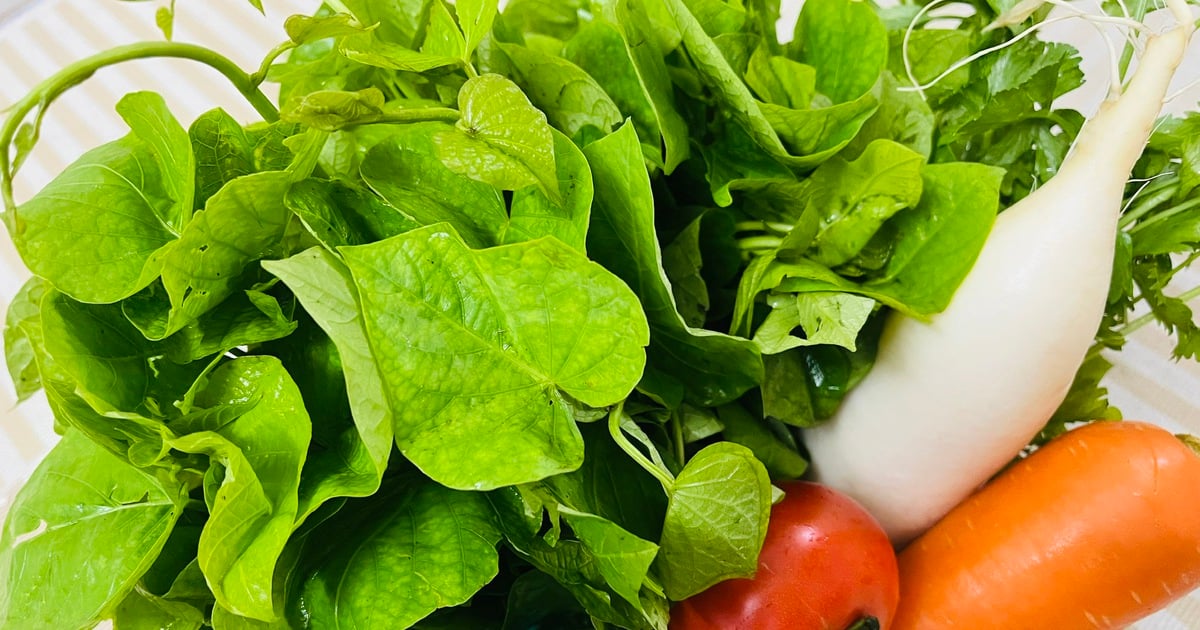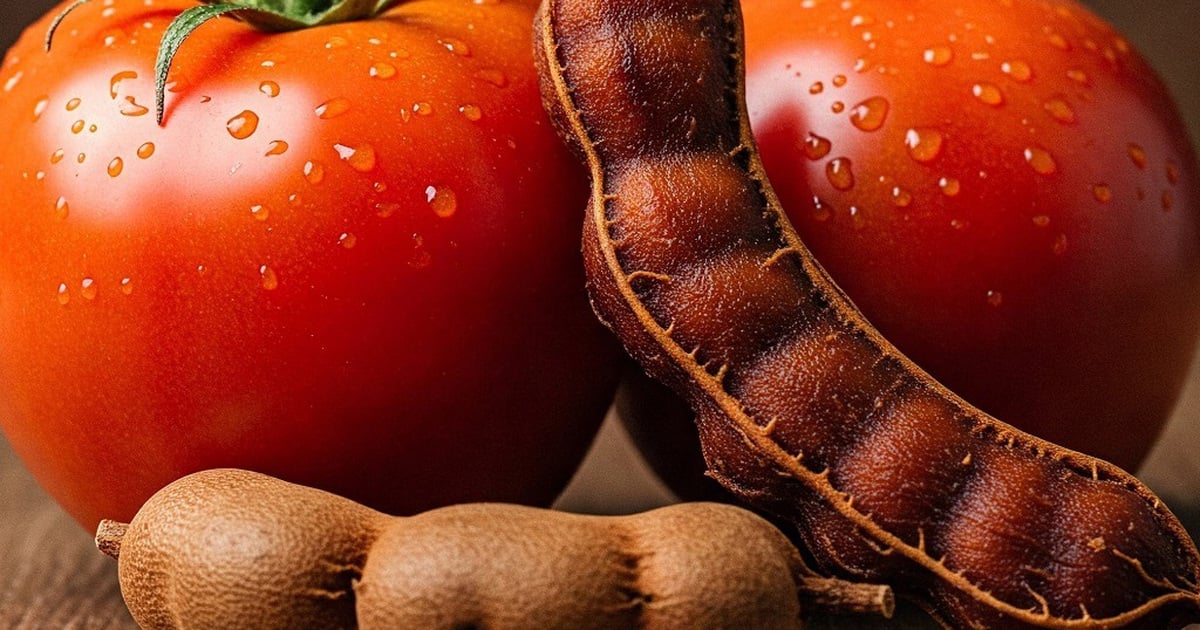According to Dr. Le Van Thieu, Department of General Infection, Central Hospital for Tropical Diseases, in pigs, the small intestine contains a lot of protein, fat, vitamins and minerals but also contains pollutants from food or the environment, especially when the animal is not raised and processed properly.
The large intestine stores waste from digestion and absorbs water and remaining nutrients. Therefore, this part is at high risk of contamination.
No matter which type you choose, you still need to pay attention to food safety and hygiene, because both small and large intestines pose health risks.
Experts recommend buying offal from reputable sources, choosing the organs of healthy animals, and cleaning them thoroughly before cooking. Whether it is small intestine or large intestine, you should not eat too much.
When eating, families need to ensure that the pig's intestines are fully cooked, using high temperatures and cooking time enough to kill bacteria and worms that may exist. Animal organs should be processed and enjoyed hot to reduce the risk of infection. If not used immediately, families should store the intestines in the refrigerator at the appropriate temperature to prevent bacterial growth.

In pig intestines, the small intestine contains a lot of protein, fat, vitamins and minerals. (Illustration photo)
Pork intestines are a dish that should be limited or avoided in the following cases:
Have gout
Pig intestines increase uric acid levels in the blood, leading to the formation and accumulation of sharp, solid urate crystals in the joints of the toes and hands, causing severe pain accompanied by swelling, heat, and redness around them.
People with gout, if allowed to relapse many times, will cause their joints to be destroyed. Many patients have urinary stones due to urate crystal deposition, causing blockage leading to urinary tract infections and kidney failure.
People with heart disease, high blood fat
The high cholesterol content in pig intestines, especially bad cholesterol, can cause blood fat to skyrocket. Therefore, people with high blood fat should not eat pig intestines, or should only eat a few pieces. This is also a dish that should be limited for people with cardiovascular and other metabolic diseases such as atherosclerosis and diabetes.
Poor digestion
Pork intestines contain a lot of fat so they are more difficult to digest, not suitable for people with digestive disorders, intestinal infections or weak stomachs, frequent stomach aches, and diarrhea.
In addition, obese and overweight people should not eat offal because this food has a high calorie content. This dish is also not good for people with colds and flu because it can easily cause bloating, indigestion, and the weak body will become more tired.
People with hepatitis
For people with normal health, eating offal in moderation is very good for health. However, special attention should be paid to people with cirrhosis, hepatitis, liver cancer, and fatty liver disease, who should not eat offal too often.
The liver is responsible for metabolizing toxins and food, so animal organs accidentally contain a certain amount of nutrients and toxins that have not been metabolized. Liver cells in people with the disease do not function as well as normal people, and may be overloaded and become more seriously ill if they eat a lot of animal organs.
Pregnant women
Pregnant women should not eat dishes made from offal such as blood pudding, pig intestines, liver, gizzards because dishes made from animal offal of unknown origin have the potential to contain bacteria, viruses, parasites (worms, flukes) that can transmit diseases to humans.
In addition, if you eat unsanitary pig liver, there is a high risk of Aflatoxin bacteria - a substance that can cause liver cancer in humans. A more frightening disease is Streptococcus suis infection, this type of bacteria often sticks to the blood (secretion), intestines, organs and pork.
When eating uncooked pork products such as blood pudding, intestines, fermented pork rolls, and porridge, streptococci from that food will enter the human body and cause illness. This is extremely harmful to the health of pregnant women.
Source































![[Photo] Visiting Cu Chi Tunnels - a heroic underground feat](https://vstatic.vietnam.vn/vietnam/resource/IMAGE/2025/4/8/06cb489403514b878768dd7262daba0b)





























































Comment (0)